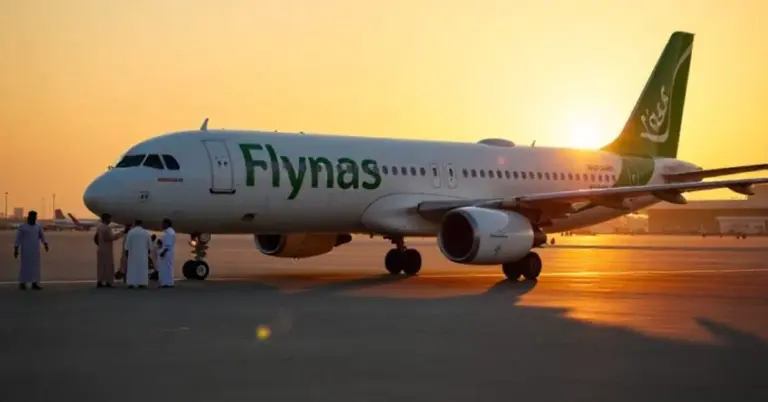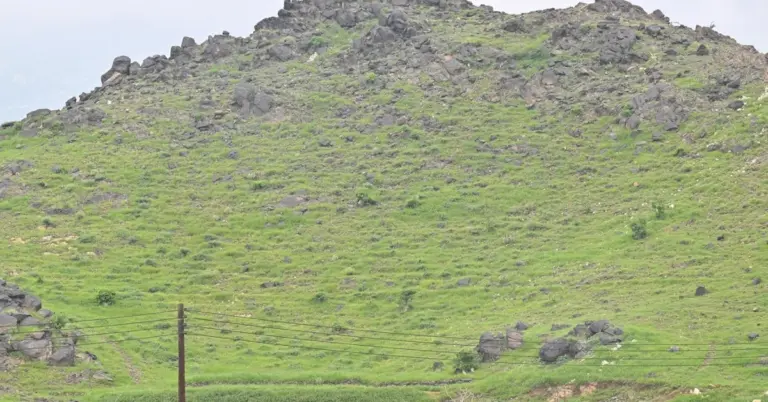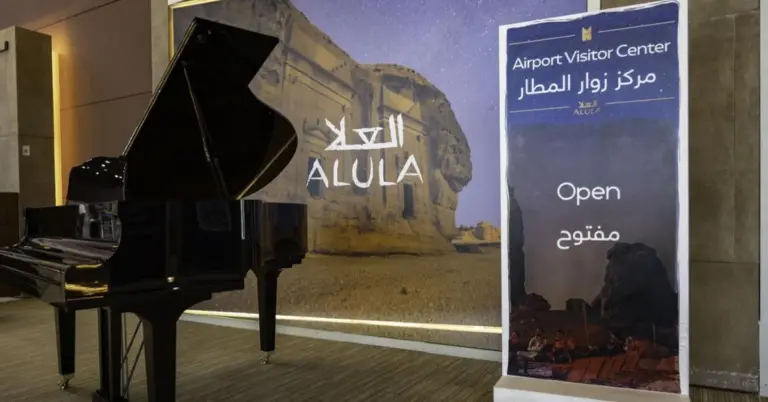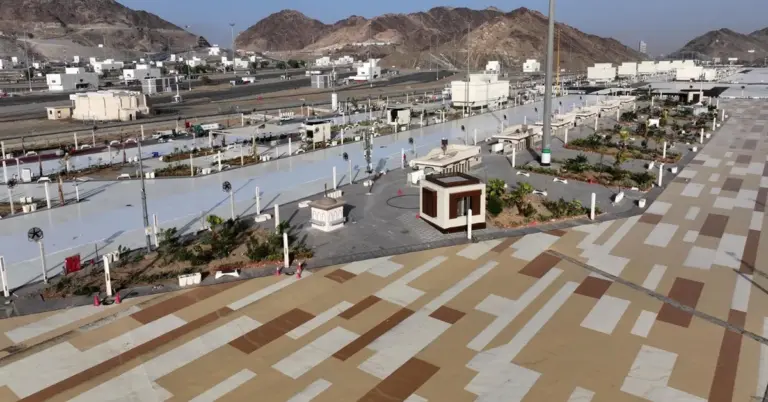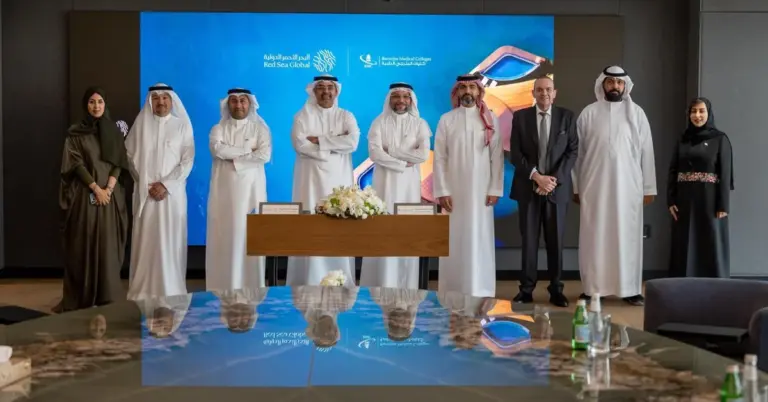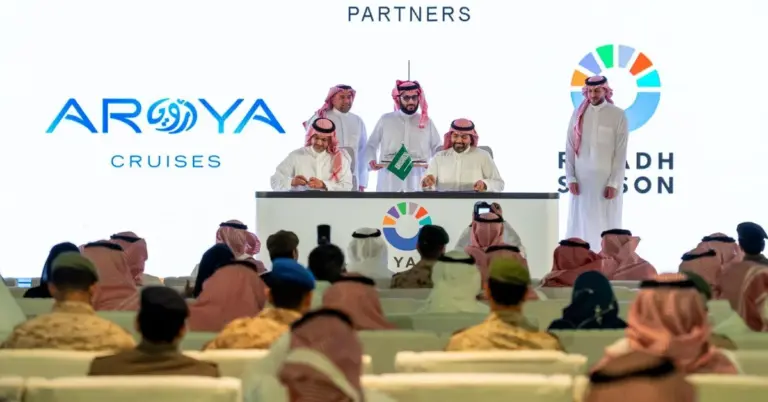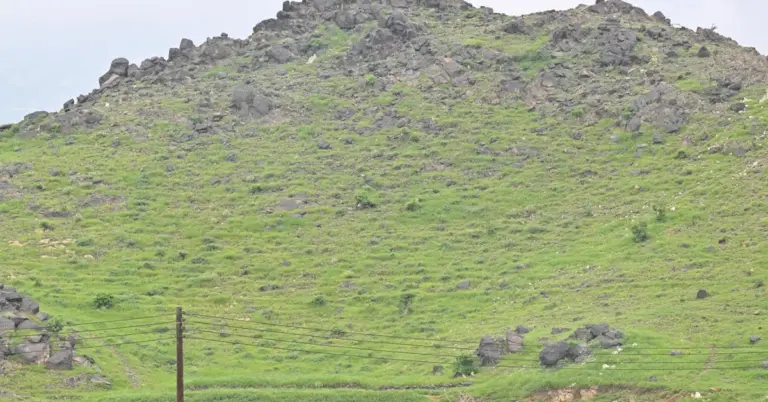**Headline:** Saudi Cabinet Backs Global Pacts, Gaza Aid
**Intro:** King Salman chaired Saudi Arabia’s Cabinet session, focusing on international cooperation, climate action, and economic partnerships. Key decisions included Riyadh’s hosting of a World Economic Forum session and agreements with India and South Korea. The Cabinet also condemned Israeli aggression in Gaza, urging an immediate ceasefire and humanitarian access.
**Factbox:**
– MoU with India: Clean energy, grid links, hydrogen.
– Visa exemption pact approved with South Korea.
– Riyadh to host WEF special meeting on energy (April).
– Rejected Gaza attacks; demanded ceasefire, aid access.
*(50 words)*
**El Gabinete de Arabia Saudita refuerza su rol global con acuerdos estratégicos y defensa de la paz**
*Riad, 23 de enero de 2024* — En una sesión presidida por el Rey Salman bin Abdulaziz Al-Saud, el Gabinete saudita abordó temas clave de política internacional, cooperación económica y acciones humanitarias, reafirmando el liderazgo del Reino en el escenario mundial.
—
### **Diplomacia y Cooperación Multilateral**
El Gabinete analizó los resultados de cumbres internacionales recientes, como la **Cumbre del Movimiento de Países No Alineados**, la **Tercera Cumbre Sur del G77 y China**, y la **Cumbre de la IGAD** (Autoridad Intergubernamental para el Desarrollo), destacando el papel mediador y estratégico de Arabia Saudita en la promoción de alianzas globales. Estas participaciones subrayan el compromiso del Reino con la estabilidad política y el desarrollo sostenible.
—
### **Liderazgo Económico y Ambiental**
1. **Foro Económico Mundial en Davos**: La delegación saudita presentó iniciativas para impulsar la transición energética y la innovación. Además, se anunció que Riad albergará en abril una sesión especial sobre *”Cooperación Global, Crecimiento y Energía”*, enfocada en soluciones integradas para los desafíos económicos y climáticos.
2. **Medio Ambiente**: El Gabinete reiteró los esfuerzos del Reino en la preservación ambiental, la lucha contra el cambio climático y su papel pionero en la promoción de energías limpias, incluyendo el hidrógeno verde.
—
### **Postura Firme ante la Crisis en Gaza**
El Gabinete condenó enérgicamente la agresión israelí en Gaza, exigiendo:
– Un **cese al fuego inmediato**.
– Acceso sin restricciones a **ayuda humanitaria**.
– Rechazo al desplazamiento forzado de palestinos.
Arabia Saudita abogó por una solución duradera que garantice los derechos del pueblo palestino y allane el camino hacia la estabilidad regional.
—
### **Acuerdos Internacionales Clave**
El Gabinete aprobó múltiples acuerdos para fortalecer la cooperación bilateral y multilateral:
1. **India**: Memorándum de Entendimiento (MoU) en conexión eléctrica, hidrógeno verde y cadenas de suministro.
2. **Corea del Sur**: Exención mutua de visas y cooperación en transporte futuro e innovación tecnológica.
3. **China**: Facilitación de visitas de delegaciones turísticas chinas al Reino.
4. **Omán y CEDARE**: Colaboración en protección ambiental.
5. **Malasia**: Reconocimiento mutuo de certificaciones *halal*.
6. **Mauricio**: MoU para promover inversiones directas.
Además, se autorizaron diálogos con **Camboya** (consultas políticas) y se adoptó la **Convención Árabe contra la Clonación Humana**.
—
### **Reformas Institucionales y Culturales**
– **Fusión de entidades**: El *Centro Rey Abdullah para Planificación de Políticas Lingüísticas* se integrará a la *Academia Rey Salman para la Lengua Árabe*, optimizando recursos.
– **Cooperación cultural**: Darah (organización histórica saudita) colaborará con el Archivo Nacional de la India para preservar patrimonio documental.
– **Clasificación de delitos**: Se adoptó un sistema unificado nacional para estadísticas criminales, mejorando la transparencia y políticas públicas.
—
### **Hacia una Visión Estratégica**
Estas decisiones reflejan el enfoque integral de Arabia Saudita bajo la Visión 2030: combinar crecimiento económico con responsabilidad global, innovación tecnológica y defensa de la seguridad humana. Con Riad como eje diplomático, el Reino consolida su posición como puente entre Oriente y Occidente, impulsando un futuro sostenible e inclusivo.
*[Fin del artículo]*
—
**Nota**: Este contenido está estructurado para WordPress con encabezados jerárquicos, listas claras y párrafos concisos, facilitando la lectura y el SEO. Incluye palabras clave como “cooperación global”, “hidrógeno verde”, “cese al fuego Gaza” y “Visión 2030”.
**15 FAQs on Saudi Cabinet Session Outcomes and Decisions**
1. **What were the outcomes of the diplomatic summits reviewed by the Saudi Cabinet, including the Non-Aligned Movement and G77 summits, and how do they highlight Saudi Arabia’s global leadership role?**
2. **What topics will be covered in Riyadh’s April 2024 special session on “Global Cooperation, Growth, and Energy,” and how does this align with Saudi economic and energy strategies?**
3. **How is Saudi Arabia advancing environmental preservation and climate change mitigation efforts, and what global leadership roles has the Kingdom undertaken in sustainability initiatives?**
4. **What specific measures has Saudi Arabia endorsed to address Israeli military actions in Gaza, and what humanitarian steps are they urging the international community to support?**
5. **What are the key focus areas of the Saudi-India MoU on electricity interconnection, green hydrogen, and supply chains, and how will these enhance bilateral cooperation?**
6. **Which country has Saudi Arabia established a mutual visa exemption agreement with, and how will this facilitate diplomatic, cultural, and economic exchanges?**
7. **What are the objectives of the Saudi-Cambodia MoU on political consultations, and how will it strengthen diplomatic ties and multilateral collaboration?**
8. **What are the implications of Saudi Arabia’s approval of the Arab Convention against human cloning, and how will it shape regional ethical and legal frameworks?**
9. **What environmental initiatives are included in Saudi Arabia’s agreements with Oman and CEDARE, and how will they address regional ecological challenges?**
10. **How will the Saudi-China tourism agreement streamline travel for Chinese tourist delegations, and what economic benefits are anticipated for Saudi tourism sectors?**
11. **What mutual investment opportunities are outlined in the Saudi-Mauritius MoU, and which industries are prioritized for cross-border collaboration?**
12. **What future transport and innovation projects are included in Saudi-South Korea agreements, and how will they align with Vision 2030’s technological goals?**
13. **How will the Saudi-Malaysia mutual halal certification agreement enhance trade efficiency, and which sectors will experience accelerated growth due to this pact?**
14. **What academic and cultural objectives are defined in the MoU between the King Salman Global Academy and a UAE university to promote Arabic language studies?**
15. **What structural changes will result from merging the King Abdullah Language Center with the King Salman Academy, and how will this impact Arabic language policy development?**
**🔍 Llamado a la Acción (CTA):**
¿Quieres conocer más sobre cómo Arabia Saudita está liderando iniciativas globales en diplomacia, economía y sostenibilidad? **Suscríbete a nuestro boletín** para recibir actualizaciones exclusivas sobre acuerdos internacionales, eventos clave como el Foro Económico Mundial en Riad y los avances del Reino en energía limpia y preservación ambiental. ¡Comparte tus opiniones en los comentarios sobre el rol de la diplomacia saudí en la búsqueda de estabilidad global!
—
**📌 Conclusión:**
La sesión del Consejo de Ministros refleja el compromiso de Arabia Saudita con un liderazgo proactivo en el escenario mundial. Desde impulsar alianzas estratégicas en energía verde y tecnología hasta defender causas humanitarias como el cese al fuego en Gaza, el Reino consolida su posición como puente entre naciones y motor de soluciones innovadoras. Con iniciativas como la Cumbre de Cooperación Global en abril y acuerdos clave con India, China y Corea del Sur, el país no solo diversifica su economía, sino que también redefine su influencia en la geopolítica del siglo XXI.
—
**🙏 Agradecimiento:**
Gracias por leernos. En un mundo de cambios acelerados, valoramos tu interés por entender las dinámicas globales y el papel transformador de Arabia Saudita. ¡Sigue explorando nuestro contenido para descubrir cómo se construyen las colaboraciones que darán forma al futuro! 🌍✨
—
*¿Te gustaría profundizar en algún tema mencionado? ¡Déjanos tus preguntas o sugerencias en la sección de comentarios!*

